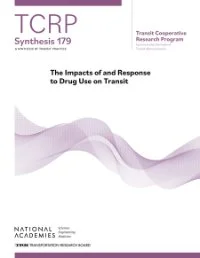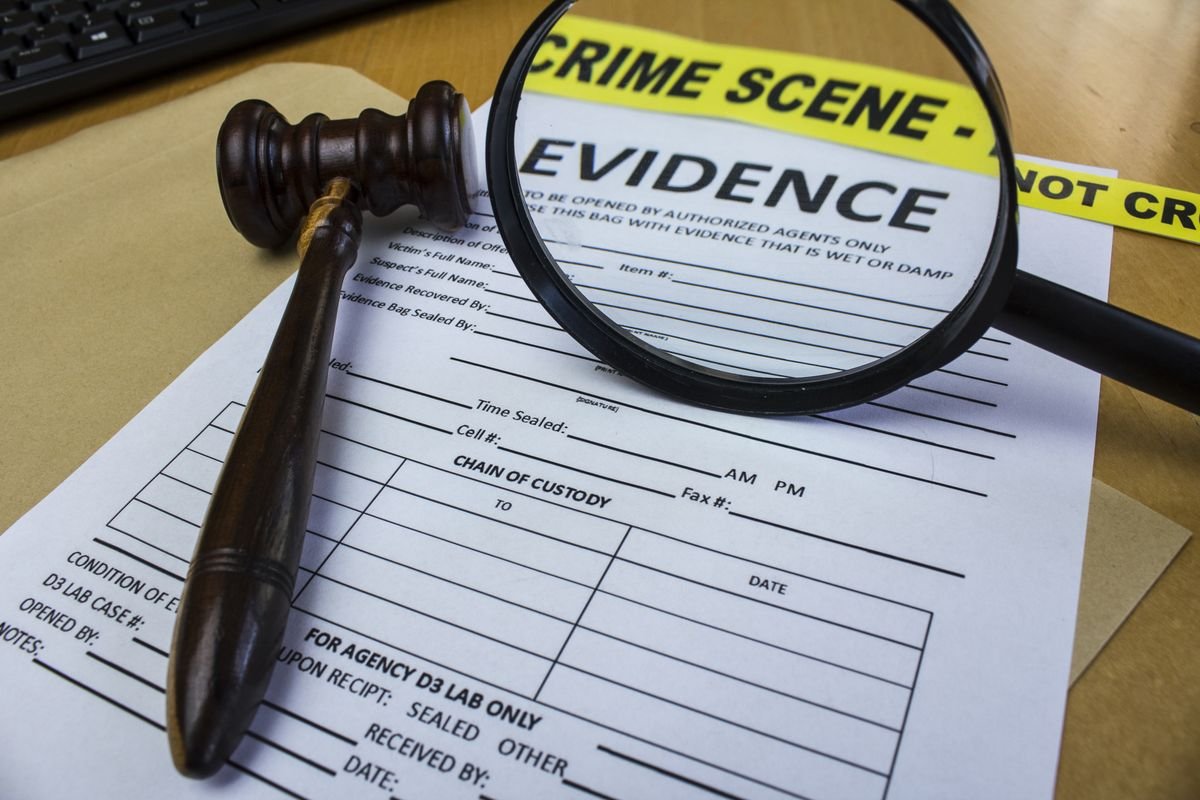By Emily Grisé; Alexander Cooke; David Cooper; Zane Oueja; Willem Klumpenhouwer; Amy HobbsOn transit systems across the United States, rising rates of drug use along with deteriorating safety conditions for customers and staff have become increasingly pressing and complex issues for transit agencies to solve. Many challenges surround agencies’ responses to drug use on transit, such as inconsistent data collection and the low uptake of support services.
TCRP Synthesis 179: The Impacts of and Response to Drug Use on Transit, from TRB's Transit Cooperative Research Program, documents and synthesizes the current practices of transit agencies in addressing the consumption and distribution of illegal drugs on their systems, as well as the resulting effects on customer and staff safety and security.
National Academies of Sciences, Engineering, and Medicine; Transportation Research Board; Transit Cooperative Research Program. 2025. p91.



